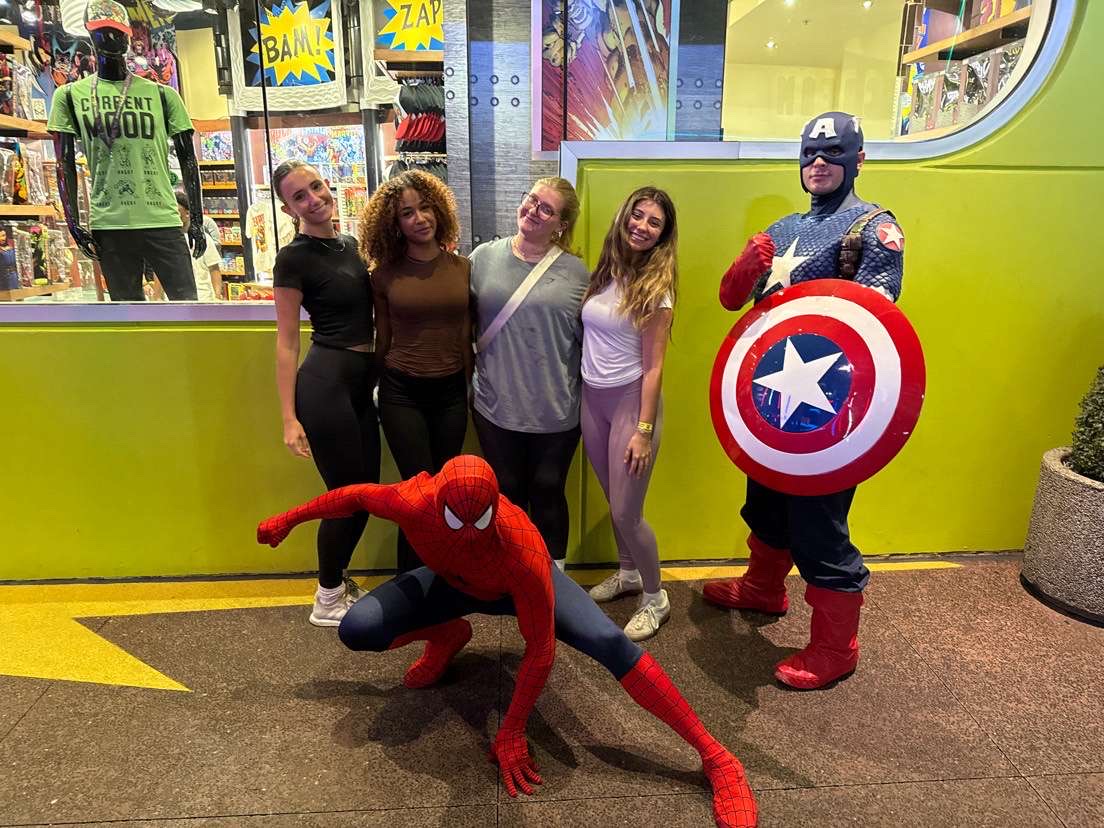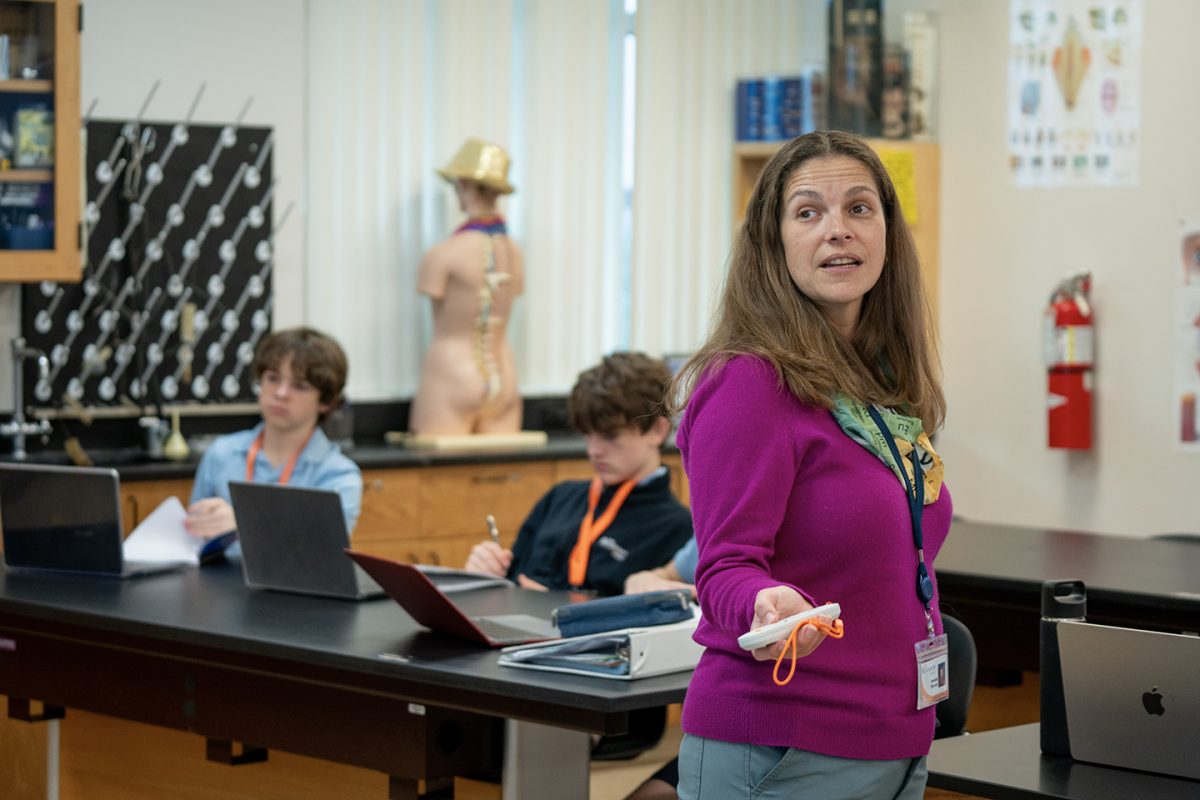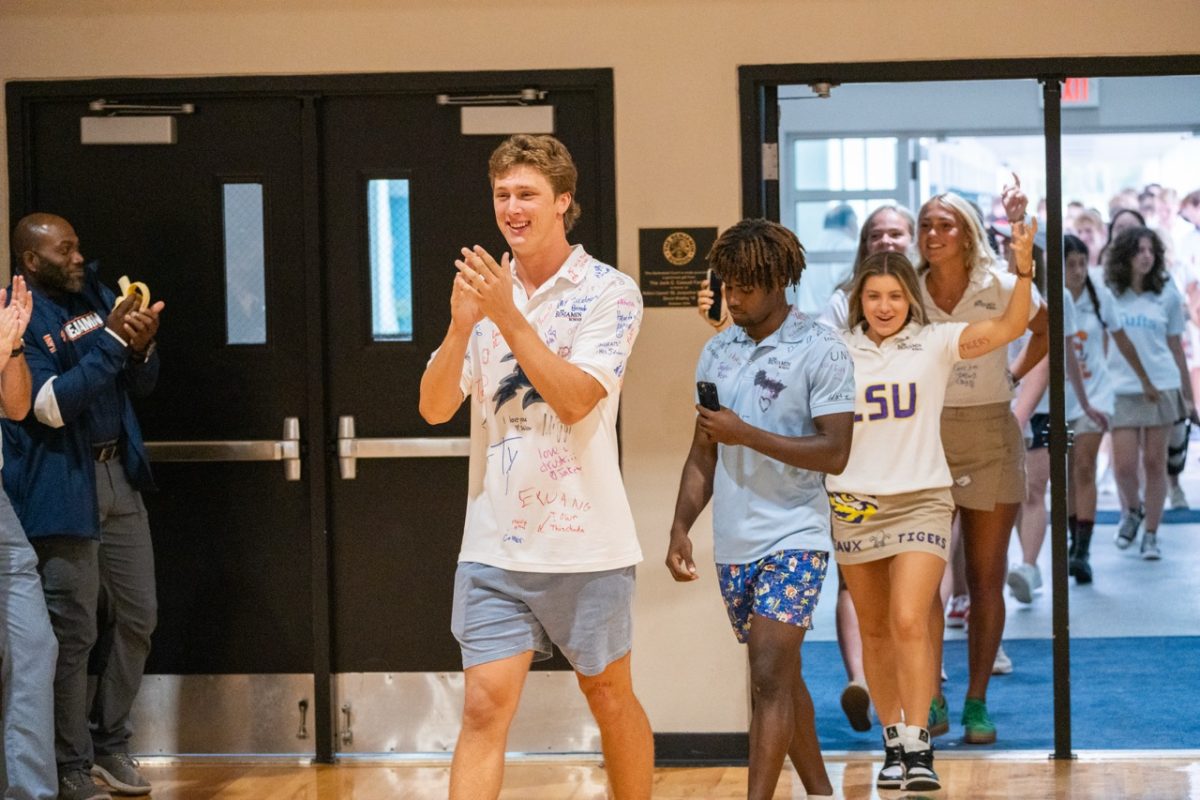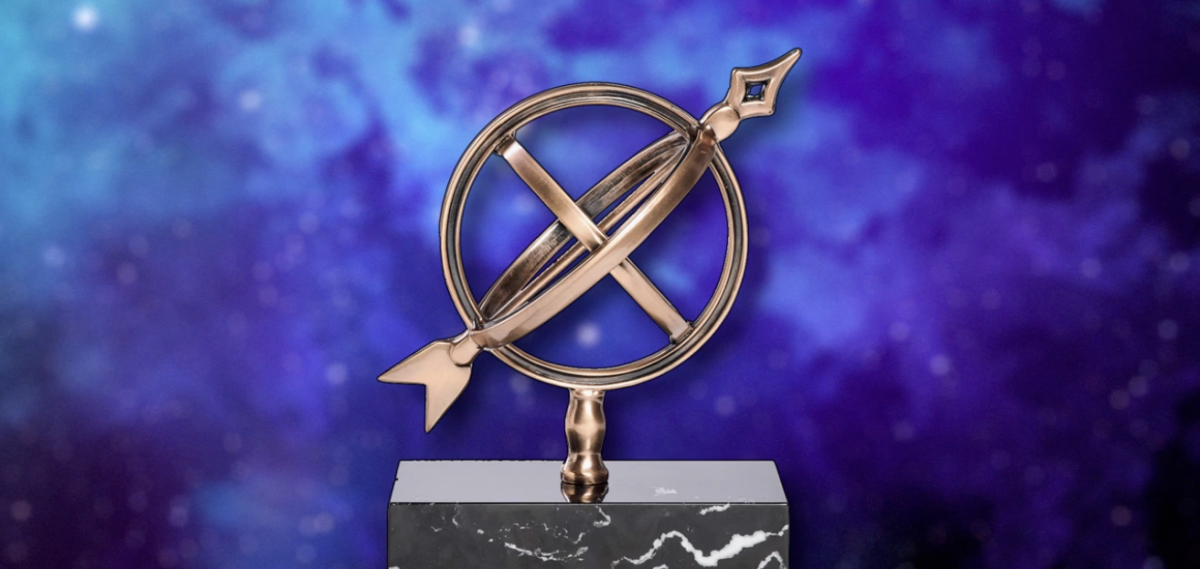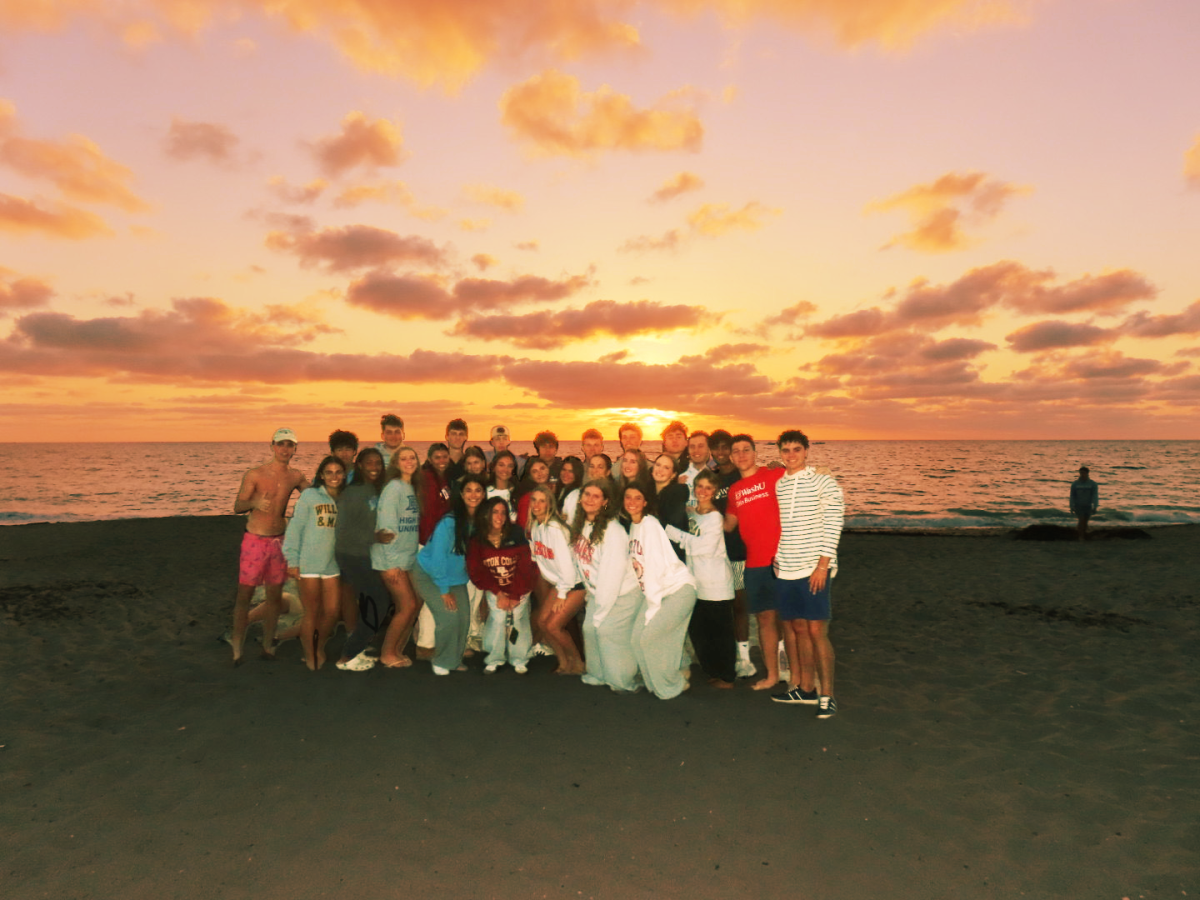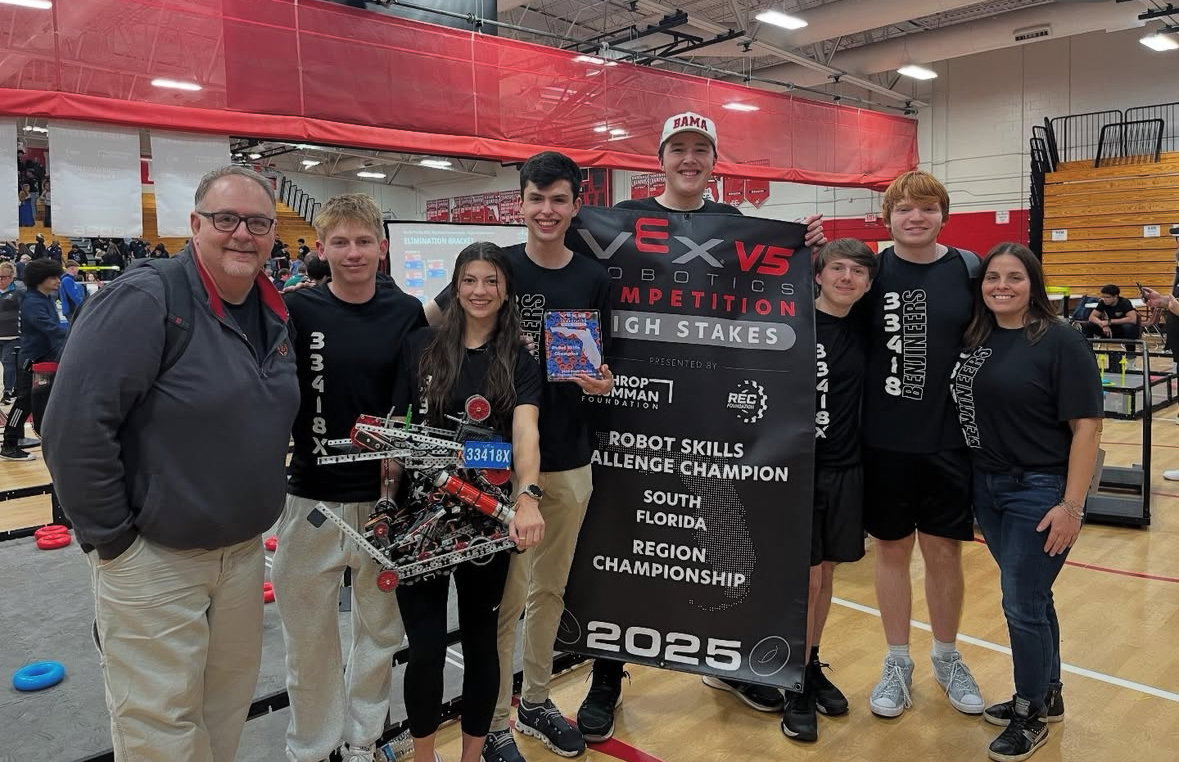For many in the Class of 2025, the world they are stepping into bears little resemblance to the one they encountered when they first began school in the summer of 2009. Fifteen years is a long time in any context, but when we zoom in on how technology, culture, education, and even personal development have evolved, the changes become especially striking. Graduates in 2025 are entering a world shaped by major shifts in the digital landscape, social norms, and even global challenges. Reflecting on how life was back when nap time and afternoon trips for ice cream were how we spent our free time offers a window into just how much has transformed in the years since.
The Digital Revolution
In 2009, the digital world was markedly different. While social media was already a part of everyday life, apps like Instagram, Snapchat, and TikTok had not yet taken hold. Facebook and MySpace were still the dominant platforms for social interaction, and the idea of a Tik-Tok-style viral moment was a distant dream. Smartphones were starting to become common, but most students were still using flip phones or early versions of the iPhone. Today, the digital world is a central aspect of daily life. Social media has evolved into a powerful tool for both self-expression and fame, with influencers, content creators, and social media entrepreneurs emerging as new forms of celebrity. The rise of media apps like TikTok has changed how teenagers communicate, share ideas, and even form their identities. The presence of smartphones in everyone’s pocket has made information instantaneous, and the lines between online and offline life have blurred. Today, we are not just consumers of content; we are creators influencers, and brand ambassadors.
Learning has evolved
The high school experience itself has also undergone profound shifts. In 2009, classrooms were still primarily structured around lectures and textbooks, and the internet was mostly used as a supplementary tool for research. Fast-forward to today, and the integration of digital learning tools has transformed how we engage with material. Online learning platforms like Google Classroom, Khan Academy, and even YouTube have become central to both in-class and at-home education. When the senior class started WOW, Buclinks didn’t exist; it came into being around the time they entered third-grade! Unfortunately, while seniors were in middle school, the COVID-19 pandemic accelerated the changes we’d face in school, making remote learning and hybrid models common place. Because of this, we are not only more adept at using digital tools, but are also expected to learn more independently and to self-motivate. For better or worse, we are now a generation that is widely regarded to be more comfortable with technology than any before, Indeed, our constant connectivity has also led to our facing new challenges. The pressure to be constantly online and the rise of “Zoom fatigue” have created a more stressful educational environments, with mental health struggles now taking center stage in discussions about students’ well-being. Thanfully, we have Dr. Yates and Laoshi Cohen to keep us centered and mindful.
Social Change and Activism
One of the most striking changes between 2009 and 2025 is the rapid evolution of social attitudes. When the Class of 2025 entered WOW, conversations around LGBTQ+ rights, gender identity, and racial equality were not nearly as prevalent or visible as they are today. The Black Lives Matter movement, the legalization of same-sex marriage in many countries, and the growing visibility of gender issues have significantly reshaped how we approach these topics. Our culture is defintely complex. We are more much more attuned to these discussions, and many of us have been active participants in advo-cating for change. Social media has played a key role in this shift, providing us opportunities to add our voices to the global conversation and to show our solidarity with movements that have spread across oceans. Our awareness of injustices, whether in the form of racial inequality or climate change, has made us more polit-
ically conscious and often more vocal in our support for causes we believe in. While these movements have not been without controversy or backlash, they have undeniably shifted the cultural landscape for the better, challenging us to take take responsibility in the world at much younger ages than our parents’ generation.
A New Era of Uncertainty
However, for all the progress, seniors–really all of us– face a world full of uncertainties. Climate change, economic instability, and the aftermath of a global pandemic all loom large, adding to the pressure many of us feel as we venture into adulthood. The promise of a stable, prosperous future that many may have felt in 2009 has been replaced by questions about sustainability, job opportunities, and personal security in an increasingly complex world. In contrast, Bucs in the Class of 2009 stepped out into a relatively stable world. The Great Recession, though impactful, was seen as a passing storm, and many assumed that the job market would improve as they entered adulthood. Today’s Class, by contrast, is going to be navigating a world shaped by a highly competitive global job market, rising costs of liv- ing, and the ongoing impacts of auto- mation and artificial intelligence.
Stepping Into the Future
In many ways, our life is unrecognizable from what it was when the 123 members of the Class of 2025 first walked under the banyan trees on the Lower School in August, 2009. The world they are stepping into is
faster-paced, more connected, and undeniably more complex. Technology has reshaped their relationships, education, and careers. Social attitudes have evolved, and activism is at the forefront of cultural change. But despite the challenges they face, thanks to our Benjamin community. Seniors are armed with tools and per- spectives that give them a unique advantage—an ability to adapt, create, and lead in a rapidly changing world.
As the Class of 2025 steps into this new era, one thing is clear: while the world may have changed, their potential to shape the future remains as vast as ever.


